How does the male ball valve design enable smooth and effortless on/off operation?
The male ball valve design is a key characteristic...
MORE >>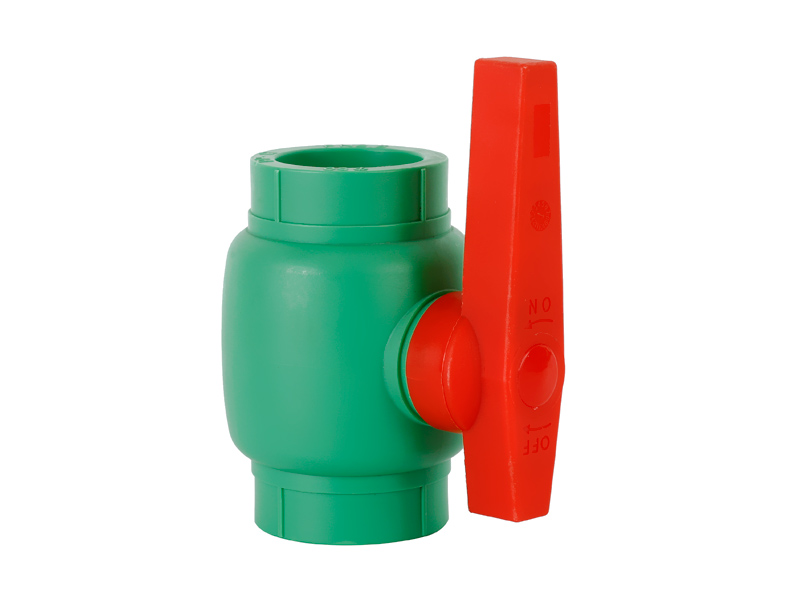
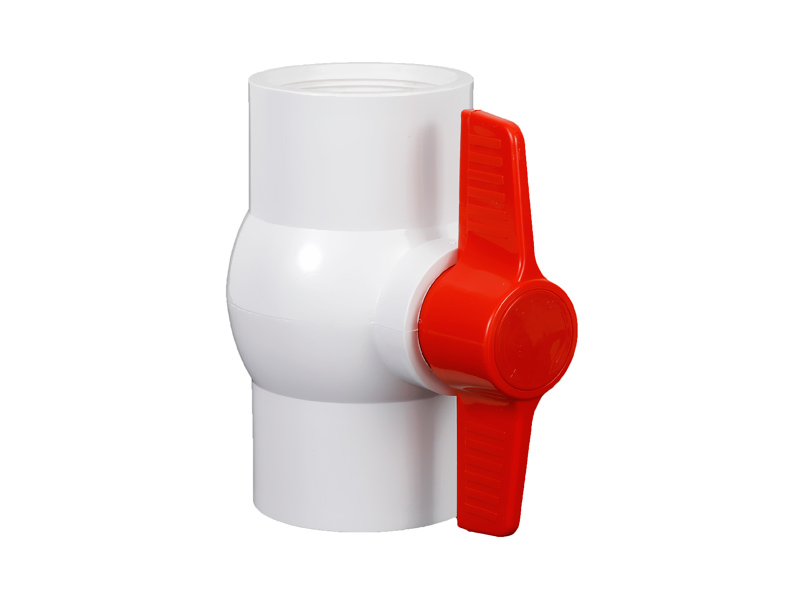
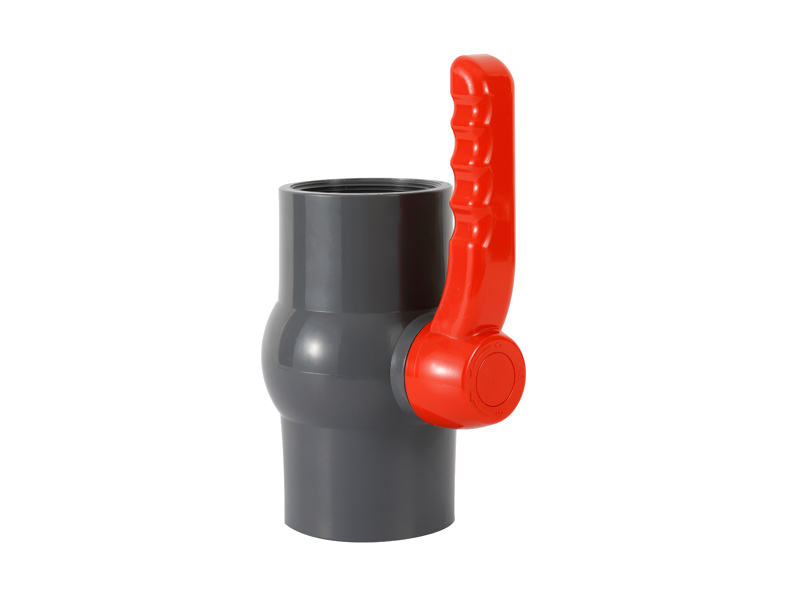
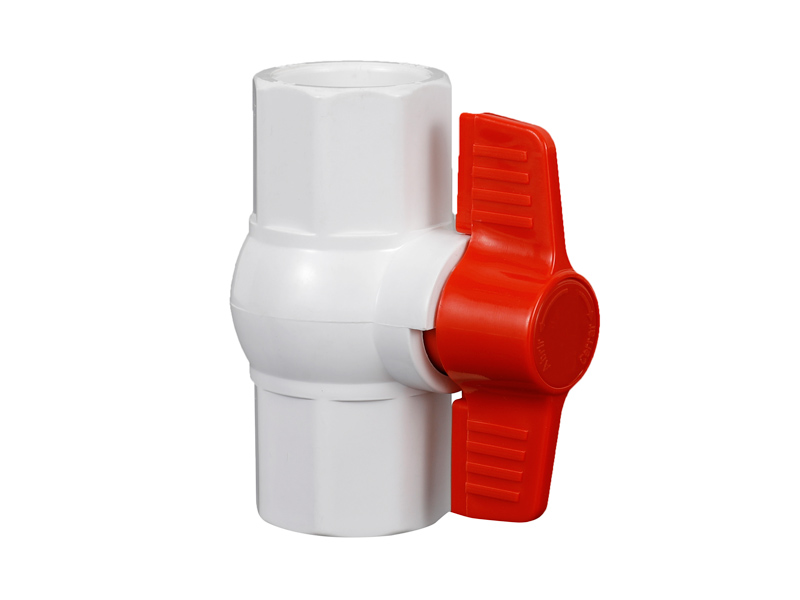
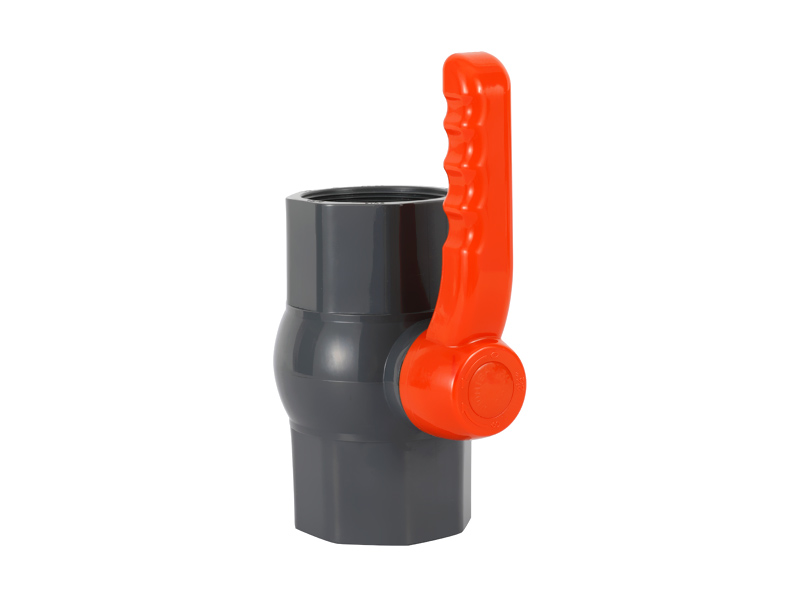
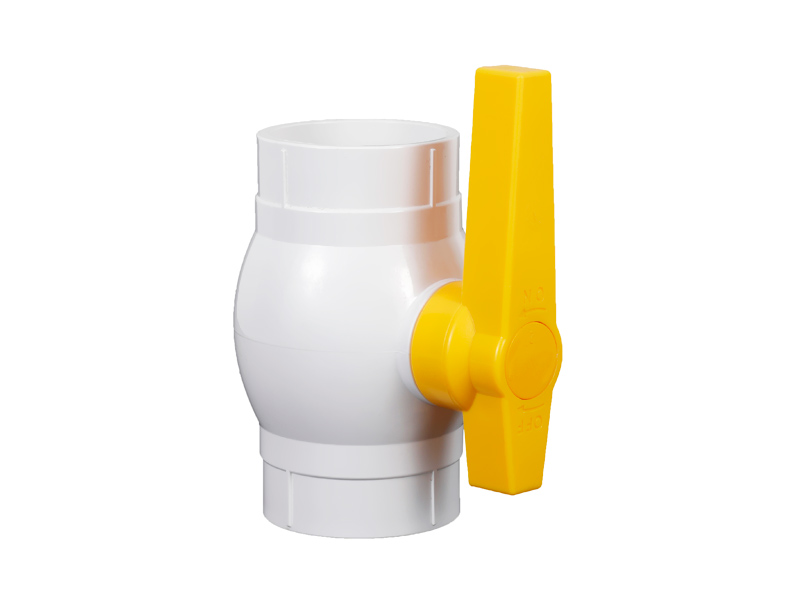
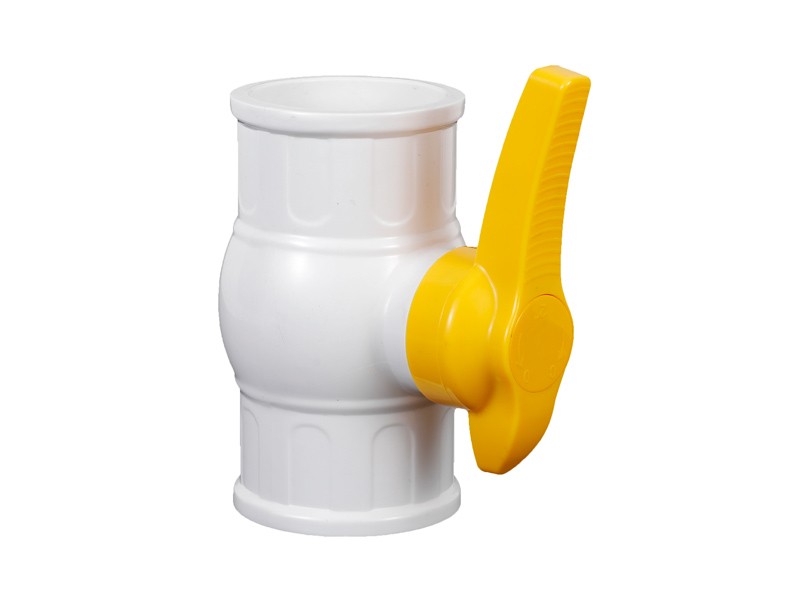
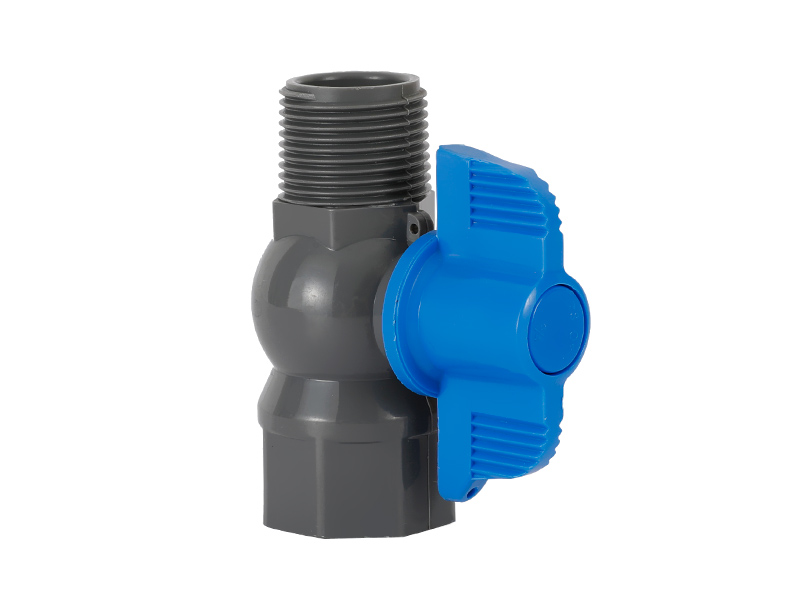
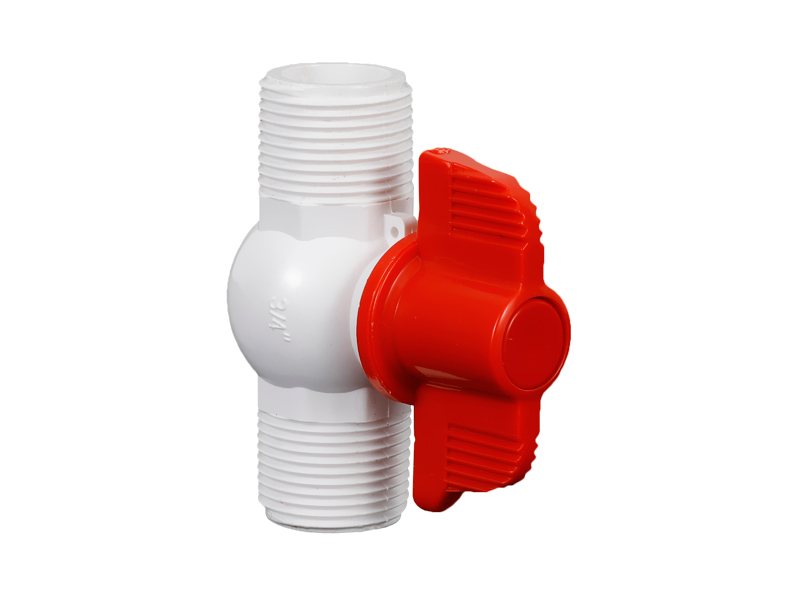

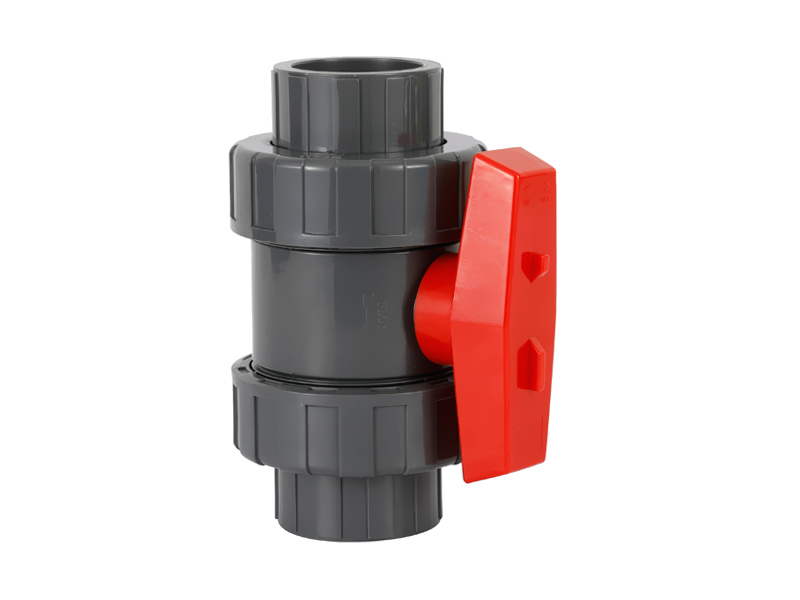

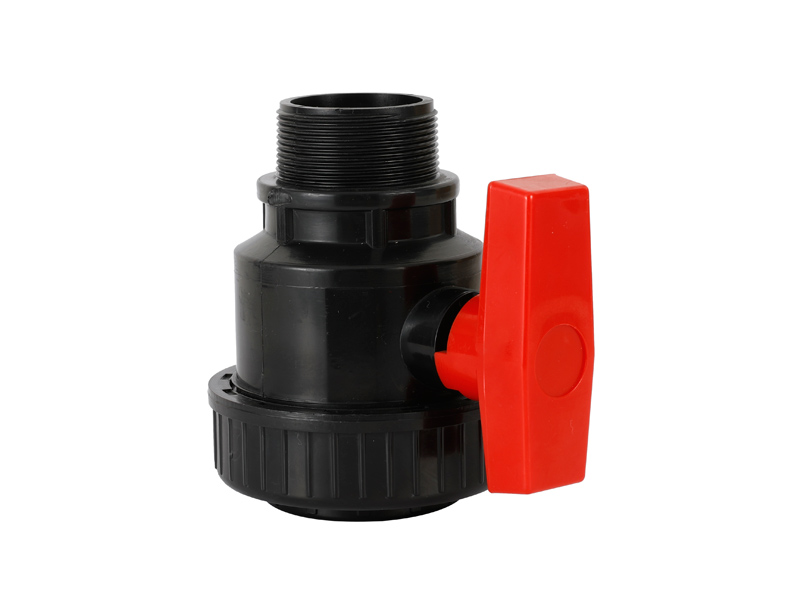
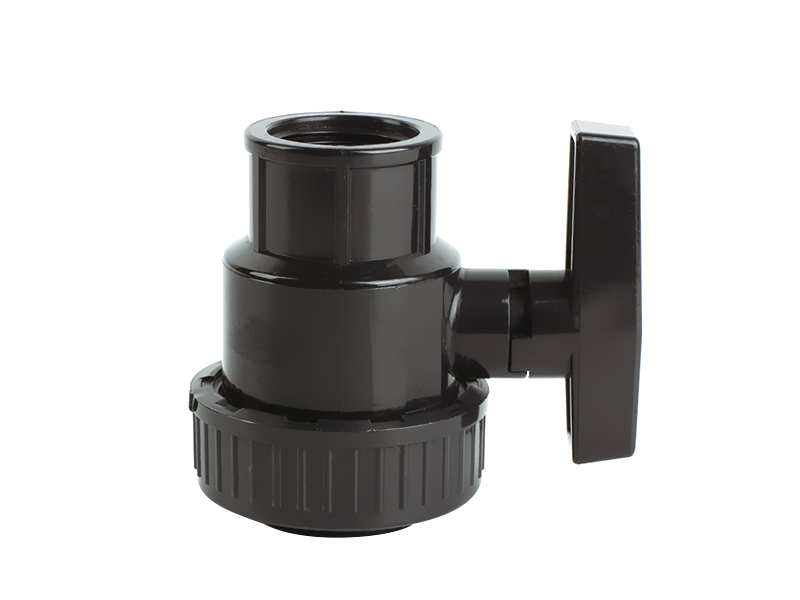
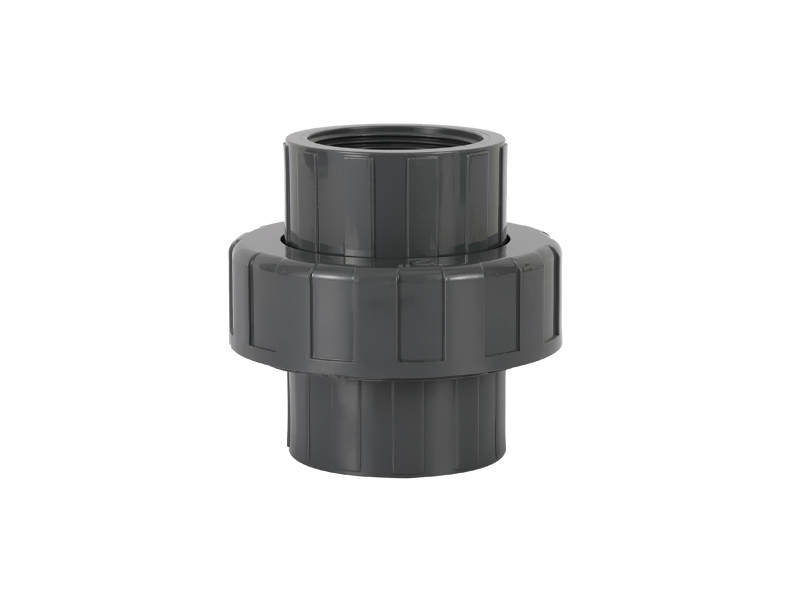
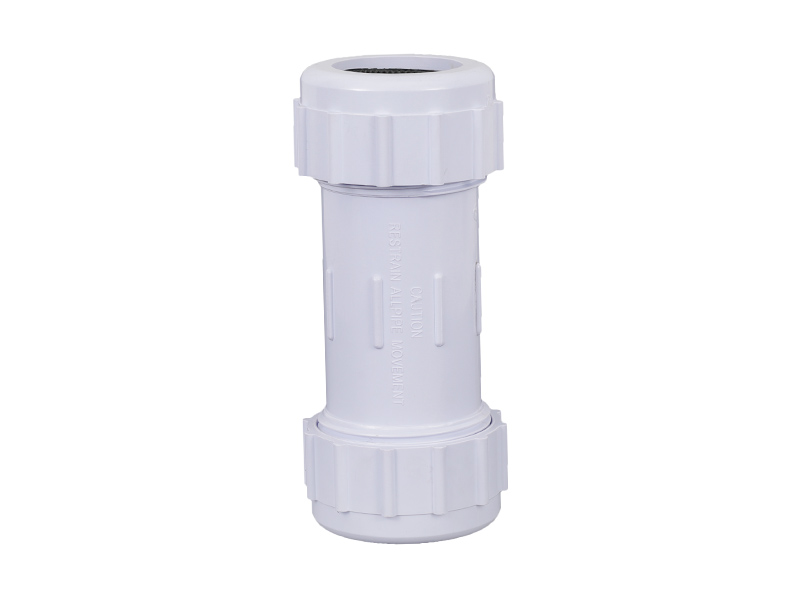
In engineering construction, it is imperative to have r […]
In engineering construction, it is imperative to have reliable and efficient components that can withstand high pressure conditions. PVC ball valves are specifically designed to excel in such demanding environments. Let's delve into the excellent properties of PVC ball valves that make them the go-to choice for engineering construction projects:
1. Durability: PVC ball valves are known for their exceptional durability. They are constructed using high-quality polyvinyl chloride, which is a strong and resilient material. This robust construction allows the valves to endure high pressure and maintain their integrity over an extended period.
2. Chemical Resistance: Engineering construction projects often involve working with various chemicals, including acids, solvents, and corrosive substances. PVC ball valves have excellent chemical resistance, which makes them immune to the detrimental effects of such compounds. This property ensures that the valves remain unaffected by chemical exposure, ensuring long-lasting performance.
3. Pressure-Tight Sealing: High pressure conditions demand tight sealing to prevent any leakage or loss of fluid. PVC ball valves feature a reliable sealing mechanism that ensures a secure and pressure-tight seal. The ball, typically made of PVC or other suitable materials, is positioned within the valve body to create a complete seal when closed. This design effectively prevents any fluid from escaping, even under high-pressure conditions.
4. Smooth Flow Control: The smooth operation of fluid flow is crucial in engineering construction projects. PVC ball valves offer excellent flow control capabilities due to their spherical design. When the valve is open, the fluid flows through the ball, allowing for minimal flow restriction. This attribute ensures optimum flow performance and minimizes pressure drop, enabling efficient operation in demanding situations.
5. Ease of Installation and Maintenance: PVC ball valves are relatively easy to install and maintain, making them highly convenient for engineering construction projects. They are lightweight and can be quickly assembled into the existing piping system. Additionally, PVC ball valves require minimal maintenance, reducing downtime and overall project costs.
6. Cost-Effective Solution: In engineering construction, cost-effectiveness is a critical factor. PVC ball valves are an economical choice compared to other valve materials like stainless steel or brass. Not only are they competitively priced, but they also offer long-term reliability and durability, making them a cost-effective investment for engineering construction projects.
7. Wide Range of Sizes: Engineering construction may involve pipelines of various sizes and dimensions. PVC ball valves are available in a wide range of sizes, ranging from small diameters to large industrial sizes. This versatility ensures that there is a PVC ball valve suitable for any pipeline requirement, enhancing flexibility in project design and implementation.
In conclusion, PVC ball valves possess excellent properties that make them an ideal choice for engineering construction projects under high pressure conditions. Their durability, chemical resistance, pressure-tight sealing, smooth flow control, ease of installation and maintenance, cost-effectiveness, and varied sizes make them reliable components that can withstand the rigors of demanding construction environments. When it comes to ensuring efficient fluid control in engineering construction, PVC ball valves are the go-to solution.
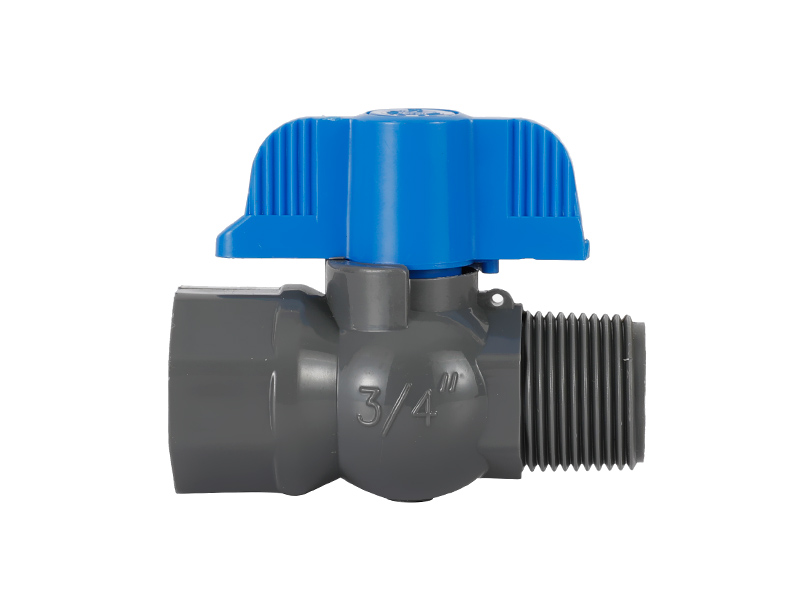
The male ball valve design is a key characteristic...
MORE >>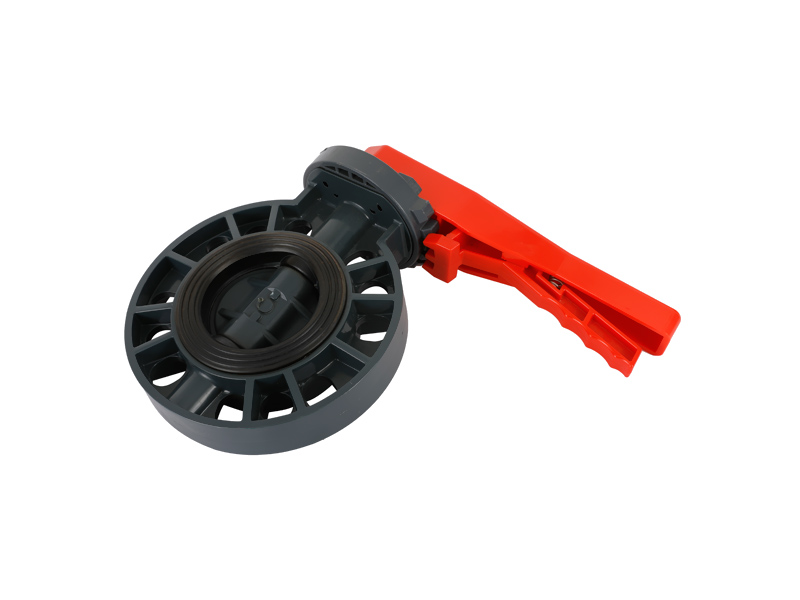
In today's modern world, efficient and reliable wa...
MORE >>
Copyright ©All rights reserved:Zhejiang Xier Plastic Valve Lead Co.,LTD. PVC Ball Valves Manufacturers Technical support: HWAQ  浙公网安备 33060402001174号
浙公网安备 33060402001174号

 English
English España
España عربي
عربي